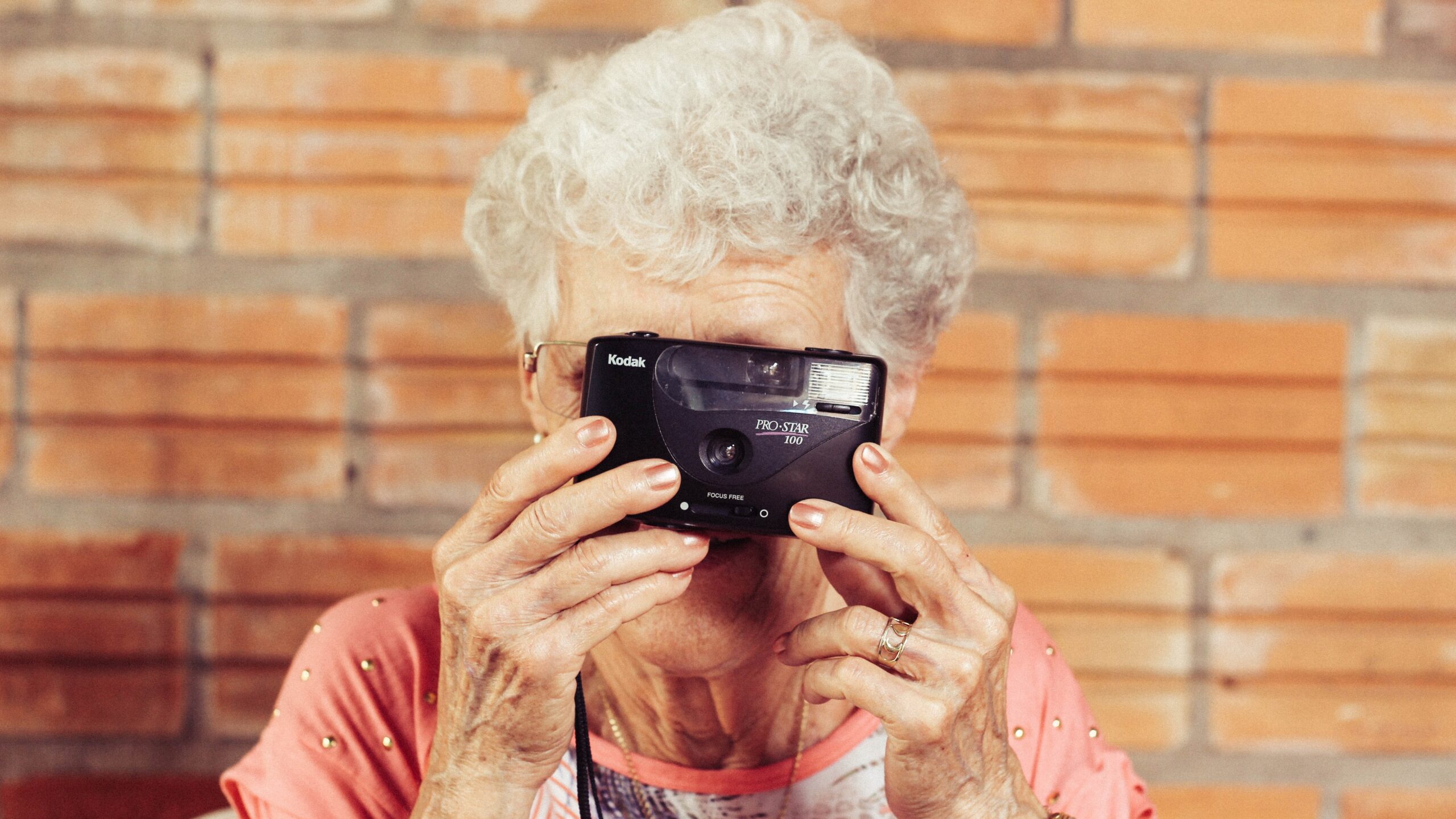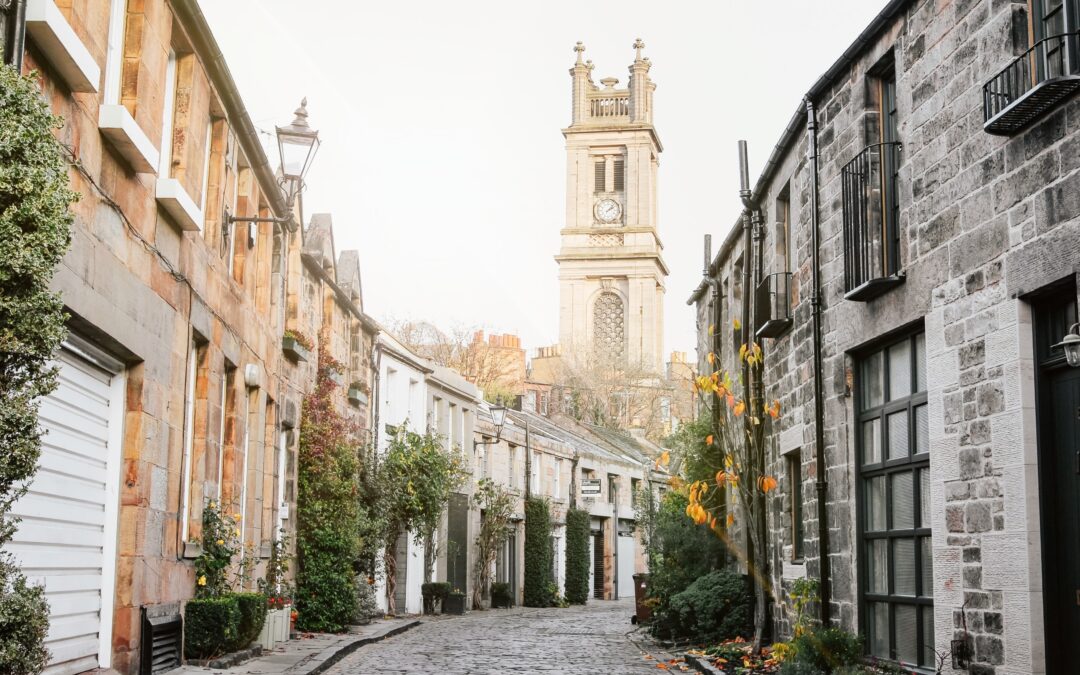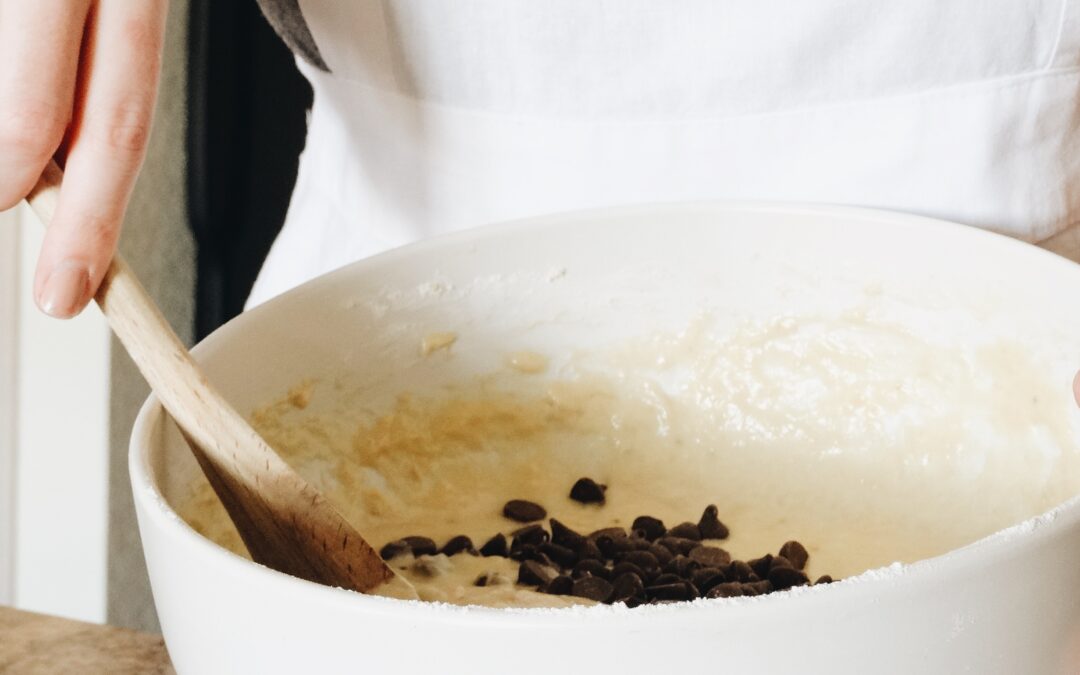Covid-19 saw an outpouring of community-led support in which 9 million ‘volunteers’ stepped forward to help out. As part of our Active Neighbours work, we’ve been interviewing people to uncover the stories behind the statistics. Here, we present Khan’s story.

Background
Khan lives with his elderly parents having divorced his wife pre-pandemic. He’s not currently at work but is tentatively looking for new opportunities.
Khan is a Muslim from a South Asian community and refers to the strong values his faith and his upbringing have instilled in him at numerous points throughout our conversation. He does a lot to help his parents, something he says is expected of him as a son in a Muslim household. He does all the housework, prepares the meals, maintains the outside space, and manages a second property that his parents own. When he was in employment, he would spend his weekends doing domestic chores for his parents, and does so uncomplainingly.
Work
Khan used to work in mental health, focusing on suicide prevention and public opinioning on a strategic level. He left that role due to a number of issues, which he didn’t go into much depth about, though a strong sense of frustration and disempowerment came through in relation to his work:
“I felt very helpless in the system, I wanted strong change but it wasn’t changing. I was sharing service users opinions – it was all listened to but nothing changed.”
Khan’s difficulties at work coincided with difficulties in his marriage. He’s now “seeking an environment I’d feel more comfortable, an opportunity to implement change.” He’s been applying to various roles on the NHS, still in mental health, though he expresses concern about the effect that squeezed budgets will have on the sector.
His parents have been in the same house since he was born and, as a result, he’s got to know the neighbours well.
“Generally I’d say it’s close-knit, community-oriented. There’s a sense of belonging but still some division, criminality, drugs, hatred. People know each other. But there’s a sense of conflict at the same time as a sense of belonging.”
He reflects on the changes that his community has experienced over his lifetime, remarking that “there was a lot of racism, hatred, it took years and years for us to come together as a community”.
Issues of racism, criminality and division remain in his local area, though the street on which he and his parents live appears to be close-knit.
Attitudes to British citizenship
Khan is reflective on the state of society as a whole, speaking confidently and often about macro-trends around community cohesion, belonging and inequality. He reflects:
“The element of community cohesion and belongingness has changed. There’s a lot of conflicts, division, self-hatred. The way society has become, there is a lot of hatred and division. This virus has been a wake-up call for a lot of people in communities that we need to reach out and help each other. People’s opinions, morale, sense of belonging has changed [….] Covid has been a shock to people – what do we consider humanity to be?”
Asked what makes a good citizen and whether he considers himself one, Khan replies:
“A good citizen is someone who has effective listening skills and the ability to relate to others. Yeah, I’d say I was a good citizen, I follow the law, I treat everyone with dignity, respect, courtesy. I have good morals, good values. People I worked with before remarked on how well I’d been bought up.”
Overall, Khan sees a complex picture of citizenship in Britain.
“[There is] good and bad in everyone…the world is a game and anything can happen” and that “there’s a lot of wrongdoing in this world – some people can’t be trusted”. Khan continues, “a lot of investment is needed into equality, community cohesion […] we should respect each other, treat each other with respect and dignity regardless of what race they are.”
On the government’s response, Khan refers to Boris’s firsthand experience of the virus, saying he “did a good job regardless, he suffered from the virus and recovered.” Khan remarks on the public’s response to the guidelines issued by the government, saying people listen but don’t follow them.
Impact of the pandemic on Khan’s work and life
Khan’s marriage broke down and he left his job before the pandemic hit. Asked what impact the pandemic had on his life he remarks:
“Nothing really changed. I rarely went outside but it didn’t really make any difference. The media was the thing that changed most – the death rate, the vaccine, the impact on communities. I had my family with me to support me, the neighbourhood – I’d still speak to my neighbours on a daily business.”
Living with his elderly parents and caring for his vulnerable neighbour, Eileen*, Khan was careful to minimise his risk of infection. He’d disinfect the groceries he buys and does not to meet up with his friends.
History of volunteering
Khan has a history of volunteering and links this to his faith. Volunteering is clearly something that Khan feels passionate about and gets a lot from. It’s also something of a political act, plugging the gaps left by the government, as well as a moral stance underpinned by a determination to treat everyone equally and show everyone equal respect and dignity.
“My religion is Islam. I worked in a homeless charity run by a faith institution. I fed people, prepared food, provided meals to homeless people. It was a source of pride, of empowerment, it gave me hope and guidance. It made me feel I was helping people in need. The government wasn’t supporting people – anyone can go under the safety net. It gave me a lot of encouragement and pride. I was helping people who were alcoholics, drug addicts – I learned never to look down on people. We live in a materialistic world but materials mean nothing. Being trustworthy, showing dignity and respect, that’s what it’s about. I became very passionate about the volunteering programme.”
“I saw a lot of homelessness. People would look down on them, ignore them. They had nothing. I felt awful. How could human beings be so cruel? I became very passionate about helping people, supporting people, making a difference. At the end of the day, I don’t want to be a millionaire.”
Volunteering during Covid
Throughout the first lockdown, Khan cared for his elderly neighbour, Eileen*, a task he describes as his ‘responsibility’. Khan started helping Eileen before lockdown, bringing her the papers on the weekend and bringing her bits of shopping. During lockdown, Khan provided more support to Eileen, picking up her prescriptions, doing her shopping, and helping with housework and odd jobs. Eileen suffered from her mental health and was rarely visited by her son, who lives away. I sense an underlying disappointment on a couple of times Khan mentions this fact.
Khan also supported the neighbour on the other side of the fence, Betty*. He says:
“I got really bored so I asked Betty on the other side if I could mow her lawn, pick up the leaves. Betty would always say, ‘here you go lad’ and would hand me £20 or £30 but I’d hand it back to her.”
Khan mentions that he had ‘lots of anxieties’ about caring for Eileen, all linked to his fear of passing the virus on to her. He’d carefully clear the basket and all the food items then drop them at another neighbour’s house for them to pass on to Eileen.
Khan had known Eileen for years and years having grown up with her as a neighbour. She was a strong presence within the neighbourhood, providing leadership and conflict resolution. Khan’s and Eileen’s relationship evolved over many years, starting from Khan’s childhood:
“My dad used to have several arguments with her as a neighbour. She spoke to me about this. She told me my Dad needs to control his temper. I told her that’s how he is. We started to talk. She asked if she could make me a cup of tea. We got close, speaking to each other. We’ve been neighbours all my life. On our birthdays we’d give Eileen a slice [of cake] and a couple of other elderly neighbours on the street. We knew everyone and they knew our names too. Now that Christmas is around the corner they’ve got cards in the post.”
Eileen sadly passed away during the pandemic. Whilst she was shielding for the most part, a family member took her to the supermarket and Khan suspects she contracted the virus and subsequently died. Her passing has had a big impact on Khan and the whole community.
“Many of us have felt an impact from losing Eileen […] Her passing away has had a big impact on me – it’s made me question… It’s really sad that that would happen in this world. It made me realise life is short.”
Challenges
The main challenge that Khan faced in relation to his role in caring for his neighbours was knowing what a ‘normal’ level of support is. I get the impression that he wanted to help as much as possible but felt conscious of unwritten rules and limits.
“With all the restrictions in place, there was a lot of questions about how much I could do or how much was normal to do. I didn’t want to put too much stress on myself but I wanted to help out as much as I could. I was brought up in a household where I was expected to do all the housework, the DIY, preparing meals. That was considered normal for me but with some individuals, depending on what their household is like, what is normal is different; I wanted to do more and more but I didn’t want to ask and they didn’t ask.”
Looking to the future
Over Christmas, Khan will be volunteering for a couple of days with a homeless organisation that are providing Christmas meals.
There are a couple of things that get in the way of Khan volunteering as much as he’d like: finances, and corporatisation. On the former, Khan mentions that oftentimes travel costs aren’t covered which can be prohibitive. On the latter, Khan explains that:
“Lots of it has been changed into profit-driven exercise, it should be a community effort. That’s put me off. When we talk about grassroots – funding is always the problem here. When they start to get supported, they easily get lured away from their main objective, their main aims. To sell those values, to sell those principles doesn’t create any opportunities in the long term. I’ve felt really disheartened […] I’d rather be involved in grassroots projects – you wonder whether large projects are doing it for the right reasons. I volunteered for Cancer Research – you’d vacuum, price the clothes, the managers get paid, the staff get paid, half the profits don’t go to a good cause, it’s all business profit and turnover. It’s a ploy.”
Khan is passionate about the importance of providing support to his community and believes that “more scope could be provided around volunteering so people understand what it is, what the benefits are”, and that volunteering must remain grassroots and community-based.
“It [volunteering] is my passion – I see that something really needs to be done, this can’t go on. I want to see change. Change takes time – for communities to change, for opinions to change, for people to change.”
This story sits within our Active Neighbours work. To find out more about the different types of Covid volunteer, their motivations, experiences and needs, take a look at our Field Guide.
Read more

Active Neighbours – Kate
“I just think it’s really nice we can each all be each other’s solutions – people are volunteering not because they feel obligated because they’re family -they just want to help you. I always think that’s really powerful. If everyone put in just a few hours a week to help in their community, we can change so much. And I think that’s what we’ve seen during Covid.”

Active Neighbours – Sarah
“I got involved because it was something I could do – it was only small but I could do it around work. All the small things add up. If we can just brighten up someone’s day.”
